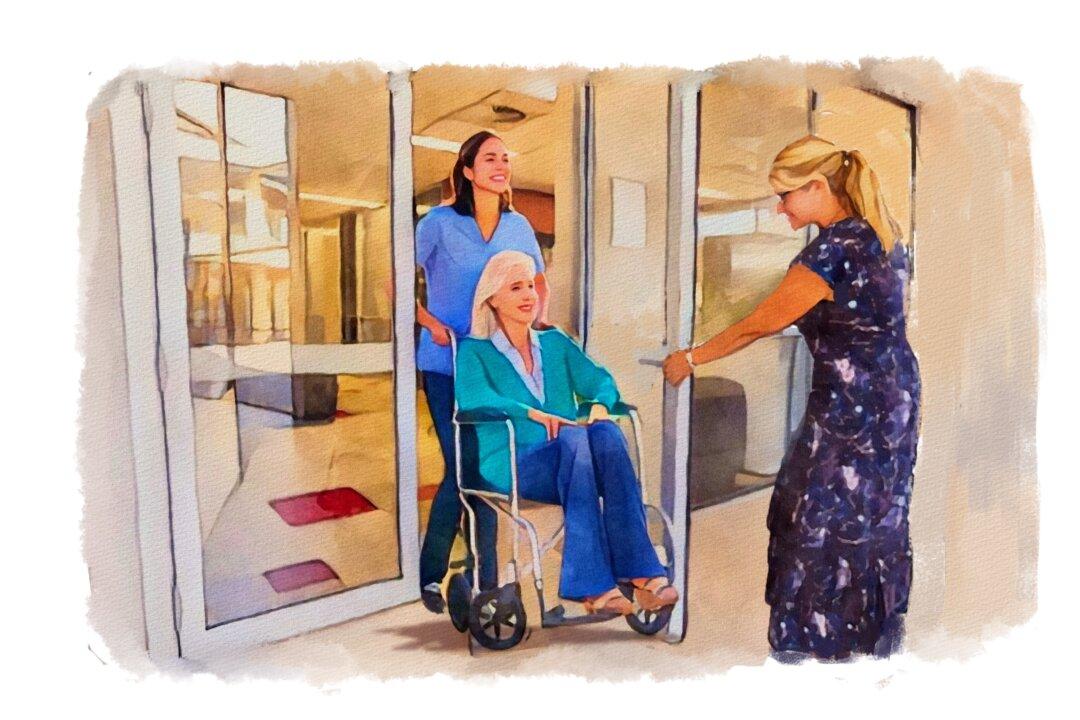In his May 2023 article, “Let’s Stay In,” John Mac Ghlionn begins with the decades-long Japanese phenomenon of hikikomori. He explains that hiki means “to withdraw” and komori “to remain inside.” In Japan, 1.5 million people, many of them young men, have completely removed themselves from society: no dating, no working, no socializing in person.
Mr. Mac Ghlionn then notes that hikikomori is a growing trend in some other countries. Here in the United States, for example, he reports that 60 percent of American men in their 20s are single, and that 50 percent of all unattached males have no interest in dating. Millions, including some women, stay at home, watching television for hours on end, playing video games, and refusing to look for work or make friends.






